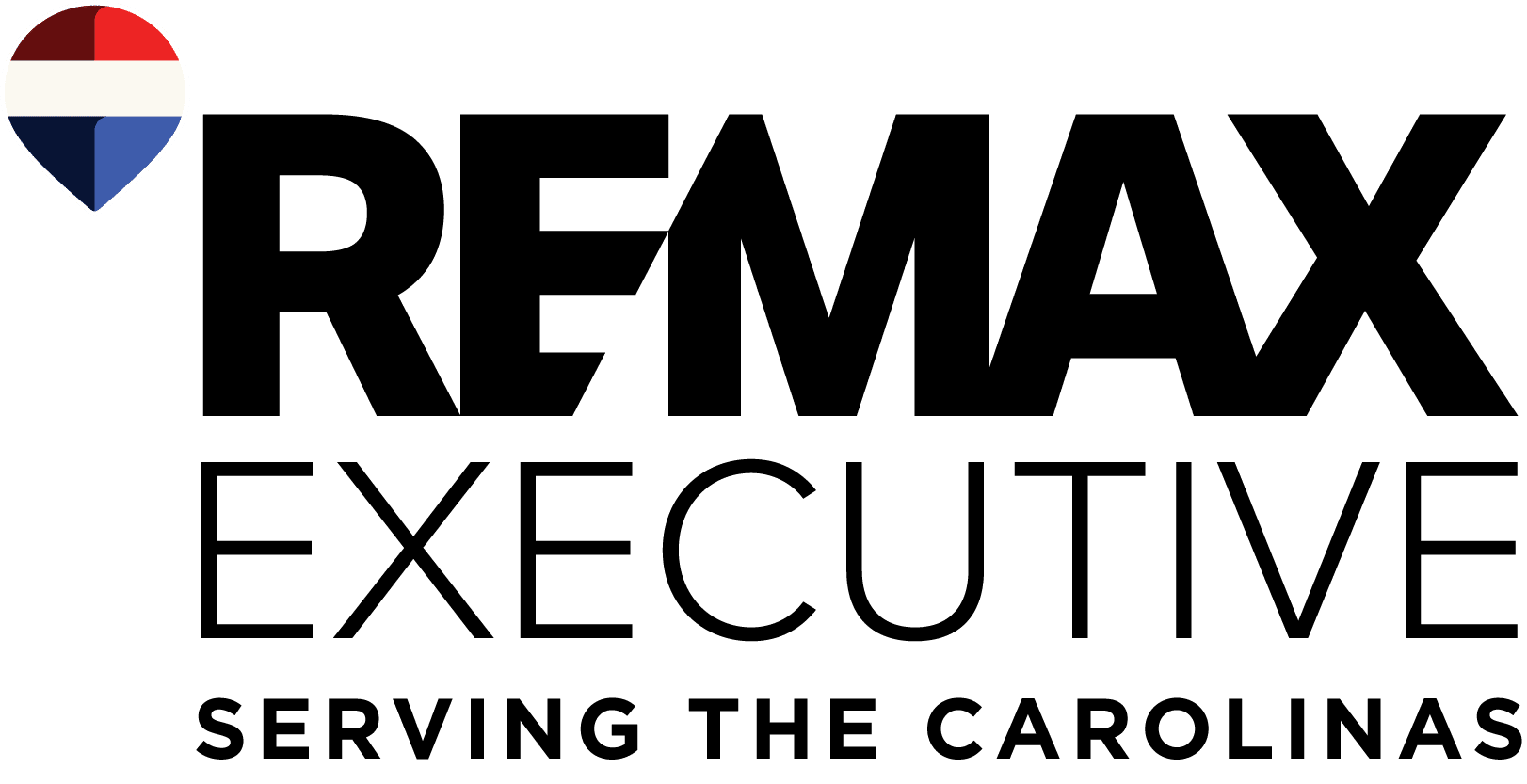The cost of a mortgage involves many different factors, including more than just rates, fees, and points. In our current market—dubbed a “hot seller’s market†by many experts—mortgages have seen historically low rates, extreme lack of inventory, and an incredible demand. Not something you’d expect during an ongoing pandemic.
With mortgage rates falling to a record low, Money.com set out to create a handy mortgage guide to help you choose the right lender and make a smarter decision when it comes to your mortgage.
It’s important to get a good handle on the terminology used in the process of acquiring a mortgage. Many people tune out during these long conversations that often take place in banks or over the telephone because they simply don’t understand what it all means. This can intimidate buyers into unfair deals, to say the least. Here are a few important definitions so that you can feel confident when taking your home-buying journey to the next level:
- Appraisal
An appraisal is a rough, unbiased estimate of how much your home is worth. Appraisals take place anytime a home is being refinanced, purchased, or sold.
2. Principal
The principal is the amount of money you borrow from a mortgage lender or bank. Part of every monthly payment you make towards your mortgage will chop off a few hundred dollars’ worth of principal every month. This amount typically increases as your mortgage term comes to a close due to amortization.
3. Annual Percentage Rate (APR)
Your APR or “annual percentage rate†is the annualized interest rate you’ll pay on your mortgage—and many other types of loans. The higher the APR, the higher the cost of the purchase.
4. Mortgage Loan Types
When choosing a mortgage, there’s tons of information regarding the available mortgage types you need to consider; take a closer look at available options so you don’t walk into a gun show empty-handed.
| Loan Type | Best For | Why It’s a Good Choice |
| Fixed-rate | Those who plan on staying in the home for the duration of the loan | Interests stay the same during the life of the loan, providing payment stability |
| ARM (Adjustable-Rate Mortgage) | Those who don’t plan to live in the home for more than 5 or 7 years | Lower interest rates during the initial fixed-rate period of the loan |
| FHA (Federal Housing Administration) | First-time homebuyers and those with less than stellar credit | Down payments as low as 3.5% and generally easier to get approved for. |
| VA (Veterans Administration) | Qualifying veterans, active service members, and their families | No down payment or PMI required |
| USDA (US Department of Agriculture) | Lower income homebuyers in USDA-designated rural areas | No down payment required and lower rates |
| Jumbo | High-income earners | Necessary for high-priced homes requiring mortgages that exceed the established FHFA amounts |
| Non-Qualifying Mortgage | Self-employed borrowers | Flexible lending criteria regarding proof of income, credit scores, and debt-to-income ratios |
There is so much that goes into the process of buying your home. It’s not uncommon for homebuyers to confuse these terms, so it’s really important to get a proper grasp of these topics in order to get the best deal on your new home.
Extra Costs
Mortgages always carry additional costs that need to be considered before closing a deal. You might be able to afford an x-amount in monthly payments, but without accounting for these pesky closing costs, you might not have a home to begin with!
Closing costs: these can range anywhere from 2% – 5% of the final purchase price and can include different types of charges, such as underwriting, appraisals, home inspections, and improvements.
Homeowners insurance: this protects your home and its assets against many named perils, plus you can add more coverage as you see fit. Lenders require that borrowers purchase insurance as a prerequisite to a loan. Keep in mind that homeowners insurance and PMI (private mortgage insurance) are not the same thing.
Property taxes: these are determined by your home’s location and assessed value. Included in this category are HOAs or “homeowners association†fees, which is typical in gated communities or neighborhoods.
Whether you’re just beginning to search for a home and need a better understanding of the process in a nutshell, or you are months into the process and need further clarification of the fine-tuned details, you’ll find everything you need to know and more in this study outlined by ConsumersAdvocate.org

